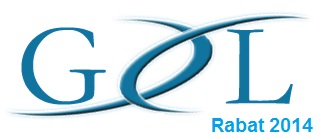
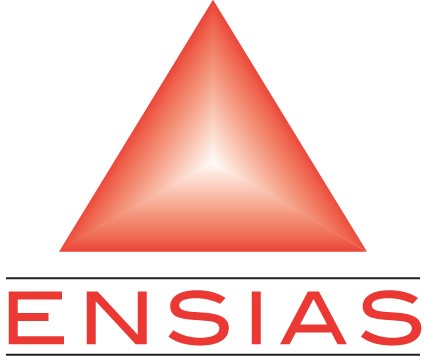 |
 |
 |
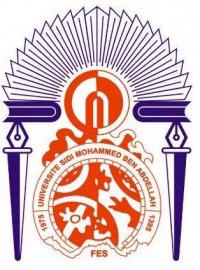 |
 |
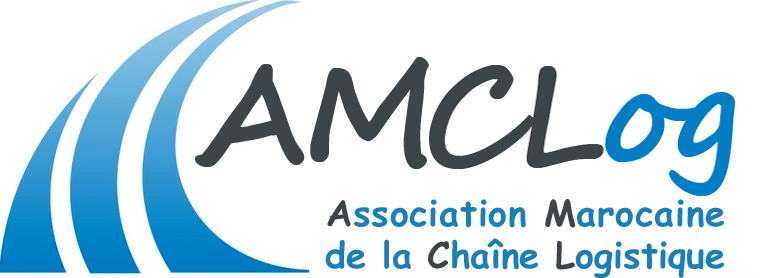 |
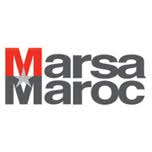 |
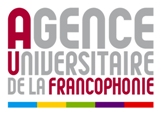 |
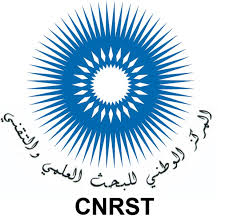 |
 |
 |
 |
Sessions thématiques
Abstract
The information systems (IS) complexity is increasing rapidly and the development becomes more complex, costly and difficult. The use of new engineering methods becomes imperative to help managing the complexity of the problems to process, and enhance the flexibility and adaptability of the systems. The conceptual models must allow the representation of the organizational environment in which the IS will evolve, and the strategic objectives necessary to handle the possible constraints on its development. The special session ISE is organized within the conference GOL' 2014. This session will provide a platform for researchers and industrial partners to foster current research in the area of information systems engineering.
Track Chairs
- AbdelAziz ELFazziki, Cadi Ayyad University, Marrakesh, Morocco. (elfazziki@uca.ma)
- Mohammed Sadgal, Cadi Ayyad University, Marrakesh (Morocco).
- Mohammed El Adnani, Cadi Ayyad University, Marrakesh (Morocco).
- Mehdi Najib, Cadi Ayyad University, Marrakesh (Morocco).
Session description
Supply chains are complex systems with asymmetric distribution of information. The complexity intensifies when numbers of partners in a supply chain networks augment. Achieving to optimal or near optimal coordination is reached to its maximum level of difficulty when independent partners do not prefer to exchange their strategic information to other partners. The question which arises is how to coordinate the operations planning of a network of manufacturing systems with minimum level of exchange of information. To answer to this question theoretical and practical developments arenecessary to study the coordination problem in manufacturing networks.
This session focuses on the problem of supply chainnetworks coordination with a minimum level of distribution of information and will cover all aspects of theoretical developments and practical applications, such as methodologies, techniques, studies, and experiences in current research in this area.
Track Chairs
- Atour TAGHIPOUR, University of Le Havre, France. (atour.taghipour@univ-lehavre.fr).
- Nesrine ZOGHLAMI, Central School of Lille, France.(nesrine.zoghlami@ec-lille.fr).
Session description
Faced with an economic, social, industrial fast-changing environment, companies must develop ways to maintain competitive position and attempt to gain market share. This necessitates the regular deployment of innovative approaches both at the level of developed products and technologies, in the design, manufacturing, marketing, distribution processes even changes to the organizational structure of a company should be considered.
Under such conditions new situations can quickly become difficult to control. Thus in this highly changing and fluctuating environment managers must make decisions both at an operational and strategic level. One of the difficulties in making decisions is the presence of risks and imperfect or imprecise information,...
Novelty, lack of knowledge and experience are sources of uncertainty and risk. Decision- making can often be categorized as strategic. Examples are found in the implementation of products or services as well as in developing technologies. This is extremely difficult given the traditional tools and methods. The actions to be taken for the control of an industrial plant in crisis can also be difficult. This complexity increases if one attempts to take into account ongoing events as they happen.Track Chairs
- François marmier, Toulouse University, Mines Albi, Industrial Engineering Center, France.(marmier@mines-albi.fr).
- Didier Gourc, Toulouse University, Mines Albi, Industrial Engineering Center, France. (gourc@mines-albi.fr).
- Deniaud Ioana, Strasbourg University, BETA Laboratory, France.(deniaud@unistra.fr).
Session description
In today´s business world, a large number of companies outsource their logistics functions to Third-Party Logistics service providers (3PL) in order to focus on their core competencies. These 3PL have become important players in many chains and industries because they take part in the cost reduction, the productivity profits as well as the improvement of the service quality of their customers. Most 3PL have specialised their services through differentiation, with the scope of services encompassing a variety of options ranging from limited services to broad activities covering the supply chain. The most recent studies conducted on 3PL are empirical in nature.
This session aims to discuss the key studies on logistics outsourcing, the 3PL roles in the supply chains management, and the trends in outsourcing logistics services, particularly in the context of sustainable development and the globalization of markets.
Présidente de la session
- Aicha Aguezzoul, Associate Professor, Lorraine University, France. (aicha.aguezzoul@univ-lorraine.fr)
Session description
Les modèles neuronaux (modèles connexionnistes) sont des systèmes numériques permettant la modélisation de processus généraux par l´établissement de modèles fonctionnels. Ceux ci sont identifiés à partir des entrées-sorties du processus par des algorithmes dits "d´apprentissage" qui s´apparentent à des techniques d´estimation statistiques. Parmi les domaines où ils ont été utilisés, on peut citer le traitement du signal, de l´image, de la parole, le contrôle, la prévision, l´optimisation combinatoire, etc... Les activités de recherche sont centrées sur les apports des techniques connexionnistes à différents domaines de l´ingénierie et de l´informatique. Les travaux portent sur La conception d´architectures modulaires et hybrides où les réseaux de neurones artificiels (réseaux connexionnistes) coopèrent soit entre eux soit avec d´autres systèmes. La conception d´algorithmes et de systèmes hybrides faisant coopérer des techniques connexionnistes et classiques, les études théoriques et le développement d´applications dans différents domaines.
La coopération des techniques connexionnistes et des techniques symboliques dans un but d´incorporation de connaissances dans les modèles connexionnistes. En effet, L´utilisation des connaissances du domaine pour les deux approches est assez complémentaire : en symbolique l´utilisation est explicite et en connexionniste l´utilisation est implicite.
Président de la session
- Mohamed ETTAOUIL. UFR : Scientific calculation and computing, Engineering sciences. Modelling and Scientific Computing laboratory. Faculty of Science and Technology of Fez
Session description
La logistique au sein de l´hôpital est une fonction complexe : elle gère des flux de produits et des circuits de distribution très différents, des conditionnements variés et respecte des règles strictes de sécurité et de traçabilité.
Les difficultés d´optimisation des flux et des stocks conduisent les responsables à trouver des équilibres difficiles et à découvrir des pistes nouvelles pour rationaliser les dépenses et chercher des solutions affinées à ces nouveaux problèmes. Dans ce contexte, la logistique permet à l´hôpital de réduire l´impact financier de la consommation de produits, de réduire les stocks, de limiter les gaspillages et de fournir un meilleur suivi des stocks et traçabilité des produits des services.
L´obligation de maîtrise des dépenses de santé est donc en elle-même une raison importante pour entreprendre des démarches de réorganisation de la chaîne logistique. Ces problématiques confirment la nécessité de restructurer les flux des produits pharmaceutiques qui méritent d´être analysés et évalués.
Les établissements de santé sont tenus d´une part d´assurer une qualité de service irréprochable vis-à-vis des patients, et d´autre part d´optimiser leur chaîne logistique. Ces contraintes ont conduit les systèmes hospitaliers et en particulier le marocain à s´engager dans une démarche de réorganisation profonde et de maîtrise de la croissance des dépenses de santé et des budgets.
Cette session a pour objectif de discuter des principales études sur la restructuration et l´optimisation des flux des produits pharmaceutiques afin de maitriser les dépenses de santé.
Track Chairs
- Abdellah ABOUABDELLAH, professeur assistant à l´ENSA-Kénitra,Maroc. (a.abouabdellah2013@gmail.Com)
- Abdelghani CHERKAOUI, professeur de l´enseignement supérieur à l´EMI-Rabat, Maroc (cherkaoui_a@yahoo.com)
- Abdelmajid ELOUADI, ingénieur CHIS-Rabat, Maroc (elouadiqualitis@gmail.com)
Gestion Opérationnelle de la Logistique (GOL) - 2014
Luka design



